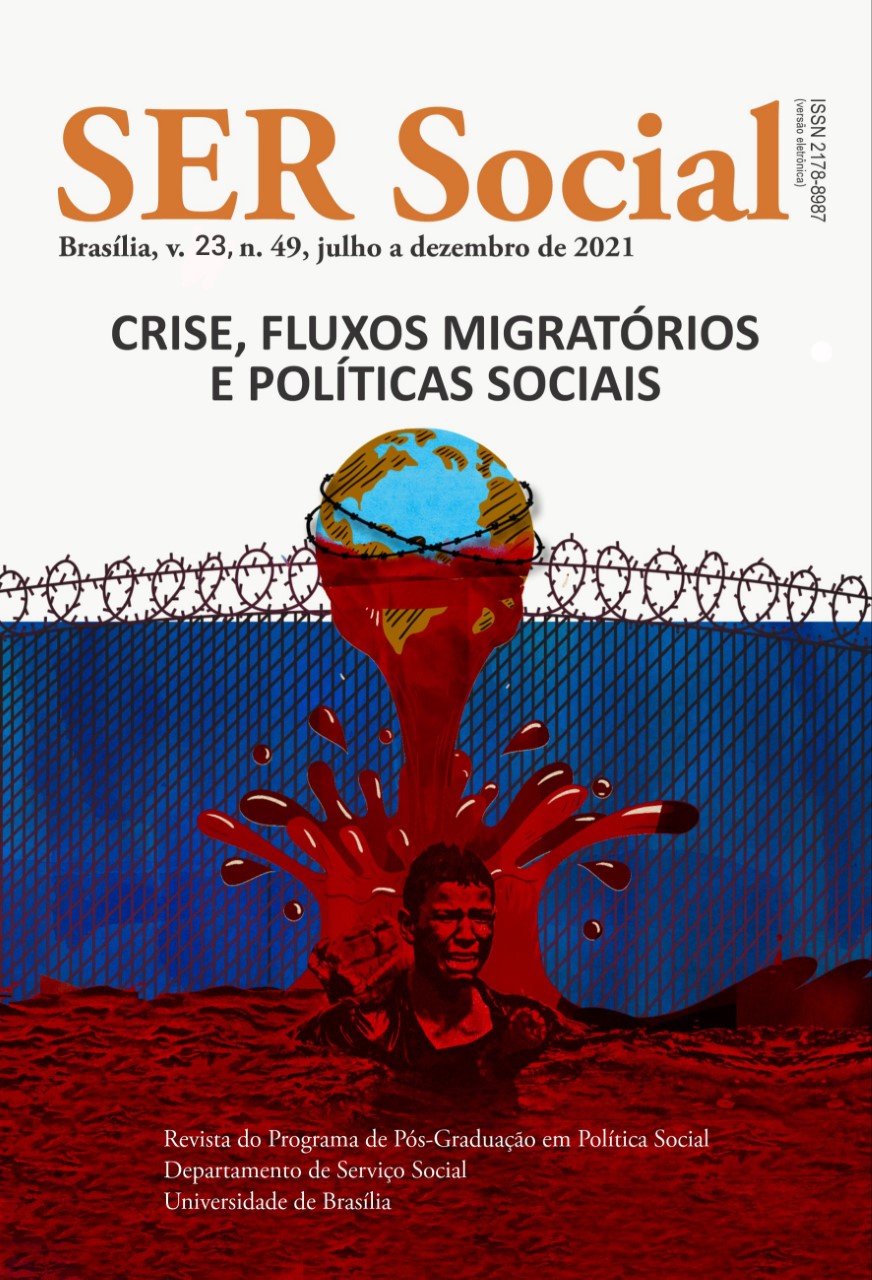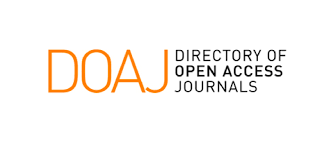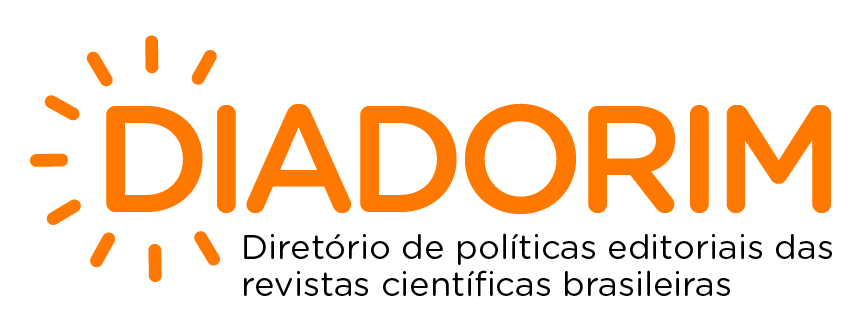La experiencia del Comité Científico de Apoyo a Niños y Adolescentes Refugiados en Grecia
DOI:
https://doi.org/10.26512/sersocial.v23i49.38060Palabras clave:
Migración. refugio. Educación. niños y adolescentes refugiados. políticas educativas.Resumen
Desde 2015, los flujos de refugiados del Mediterráneo a Grecia e Italia se han intensificado. En julio de 2017, el número estimado de refugiados menores de 18 años en el país era de 18.500, de los cuales 2.350 no estaban acompañados. El Ministerio de Educación, Investigación y Asuntos Religiosos tomó la iniciativa de preparar un plan para la integración de los niños, niñas y adolescentes refugiados en la educación, con el fin de contribuir a su inclusión social más amplia. La entrevista a la profesora Lina Venturas presenta los desafíos que enfrentó este comité y el impacto del programa en el período 2017-2020.
Descargas
Citas
Em fevereiro de 2021, havia 3.577 residentes não registrados em acampamentos em toda a Grécia (IOM. Supporting the Greek Authorities in Managing the National Reception System for Asylum Seekers and Vulnerable Migrants (SMS). Disponível em: <https://bit.ly/3m9PiXi>. Acesso em: 5/05/2021.)
SIMOPOULOS, Giorgos; ALEXANDRIDIS, Antonios. Refugee Education in Greece: integration or segregation? Forced Migration Review 60, mar. 2019. Disponível em: <https://www.fmreview.org/sites/fmr/files/FMRdownloads/en/education-displacement/simopoulos-alexandridis.pdf>. Acesso em: 5/05/2021, p. 27.
RSA. Open Letter: “All children have the right to go to school. Do not take that away from them”’. 10 mar. 2021. Disponível em: <https://bit.ly/3fq3f2d>. Acesso em: 13/05/2021.
UNICEF. Data on the situation in Greece. Disponível em: <https://uni.cf/3uhQVoX>. Acesso em: 11/05/2021.
UNICEF. Refugee and Migrant Crisis in Europe. Humanitarian Situation Report, Grécia, n. 38, dez. 2020. Disponível em: <https://bit.ly/3wfGvrp>. Acesso em: 13/05/2021.
UNICEF. Refugee and migrant children in Greece. Dez. 2018. Disponível em: <https://uni.cf/3sHd8Mt>. Acesso em: 13/05/2021.
UNHCR. Communication from the Racist Violence Recording Network, pursuant to Rule 9.2 of the Rules of the Committee of Ministers of the Council of Europe for the supervision of the execution of judgments and the terms of friendly settlements, relating to the case of Sakir v. Greece (Application No. 48475/09). Racist Violence Recording Network, dez. 2020. Disponível em: https://bit.ly/31Hr8u6. Acesso em: 13 mai. 2021.
RSA. Submission in Sakir v. Greece. Jul. 2020. Disponível em: https://bit.ly/3sNV57x. Acesso em: 13 mai. 2021.
Id. “Rise of xenophobic and racist incidents in the past 6 months”: A timeline. Out. 2018. Disponível em: https://bit.ly/3mehg4b. Acesso em: 13 mai. 2021.
Id. Excluded and Segregated: The vanishing education of refugee children in Greece. Abr. 2021. Disponível em: https://rsaegean.org/en/excluded-and-segregated-the-vanishing-education-of-refugee-children-in-greece/#footnote-48. Acesso em: 13 mai. 2021.
Descargas
Publicado
Cómo citar
Número
Sección
Licencia
Derechos de autor 2021 SER Social

Esta obra está bajo una licencia internacional Creative Commons Atribución-NoComercial-SinDerivadas 4.0.
 Todo o conteúdo deste periódico, exceto onde está identificado, está licenciado sob uma https://creativecommons.
Todo o conteúdo deste periódico, exceto onde está identificado, está licenciado sob uma https://creativecommons.
Copyright: Os autores serão responsáveis por obter o copyright do material incluído no artigo, quando necessário.
Excepcionalmente serão aceitos trabalhos já publicados (seja em versão impressa, seja virtual), desde que devidamente acompanhados da autorização escrita e assinada pelo autor e pelo Editor Chefe do veículo no qual o trabalho tenha sido originalmente publicado.








